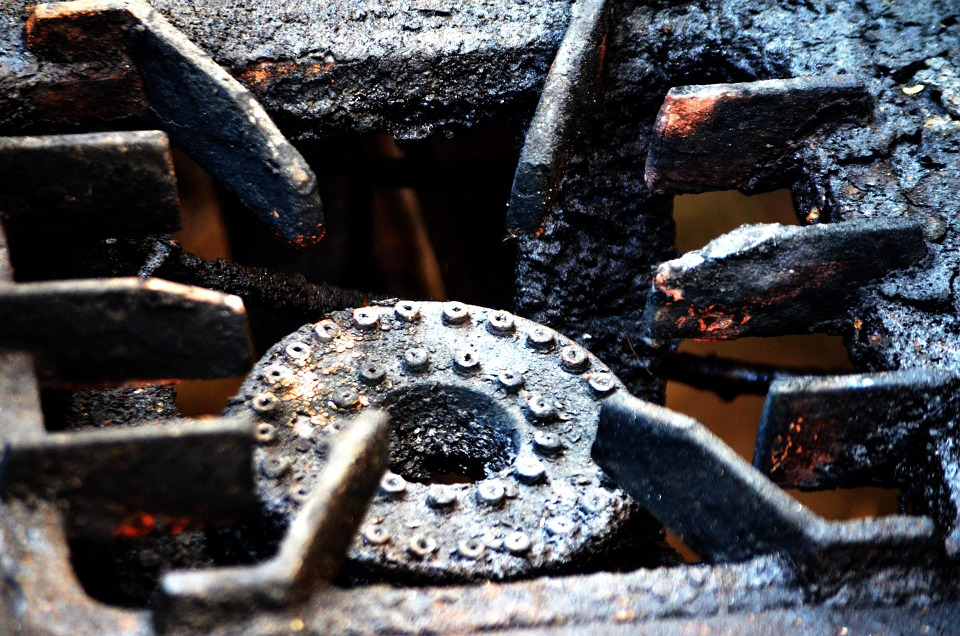Home appliances can cost a fortune, and people often feel like they are taking a gamble every time they buy a new one. Will that $1,000 washing machine offer $1,000 of value? What about the $2,500 refrigerator? An even more substantial cause of contention is the cost of repair versus replacement. Which will be the better option?

Before you buy a new appliance, it’s helpful to know how long you can expect it to survive. You can then decide whether it’s better to call the repairman or start anew. Read on to discover the average lifespan of the most popular home appliances.
Induction Stoves
Induction stoves, for which you purchase induction cookware sets, are becoming more and more popular in commercial and residential kitchens. They use electromagnetic energy to cook your food and have fewer parts than gas stoves. They also offer a whole host of benefits, such as even heat distribution and better food quality.
Induction stoves don’t often suffer from catastrophic failures, but they decrease in power over time. Food can take longer and longer to cook, giving you a clue that the end is near. Depending on the make and model, your induction stove could last for up to 30,000 hours before it starts to perform poorly.
Refrigerators
Your fridge’s construction, and how well you care for it work together to dictate its lifespan. Most regular-sized fridges last longer than their compact counterparts. You can expect your fridge to last between 14 and 17 years on average. Cheaper models may only last up to a decade.
Washing Machines
Whirlpool began producing electric motor-driven wringer-washers in 1911, and homemakers haven’t looked back since. A traditionally labor-intensive task is now as easy as pushing a button. However, we take it for granted that our washing machines will last forever and provide years of faithful service. The sad truth is, they won’t.
A washing machine’s average life expectancy is around 10-11 years. You should start looking at replacement after eight years.
LCD/LED Televisions
We love our TVs (that’s why we have nearly 120 million of them). However, many people don’t wait until their TV dies before replacing it. They upgrade to take advantage of new technology, new sizes, and better compatibility with other devices.
If you prefer to play the long game, then you’ll be pleased to know that LCD/LED TVs have a long lifespan. You can expect around 100,000 hours of use in standard lighting conditions and temperatures of about 77 degrees-Fahrenheit.
Dishwashers

Dishwashers are a family’s best friend. Why scrub by hand when there’s a machine to do it for you? An average dishwasher lasts around ten years, but this depends on many variables. The brand, usage frequency, quality, and maintenance all play a part. Newer models with improved technology may last longer.
HVAC System
HVAC systems are in hot demand, which is why experts predict a 15 percent increase in HVAC jobs by 2026. If you have an HVAC system, you may be wondering how long it will keep you warm and cold on demand. While most of these units work around the clock, they’re hardy and built to last. However, you should look at replacing it at least every two decades. Preventative maintenance can also extend its lifespan and keep it working at its best.
No appliance will last forever, even if you want it to. Parts wear out, technology changes, and efficiency requirements see many models become redundant. If you own any of the appliances above, you can rest assured they’re in it for the long haul – but not forever.










